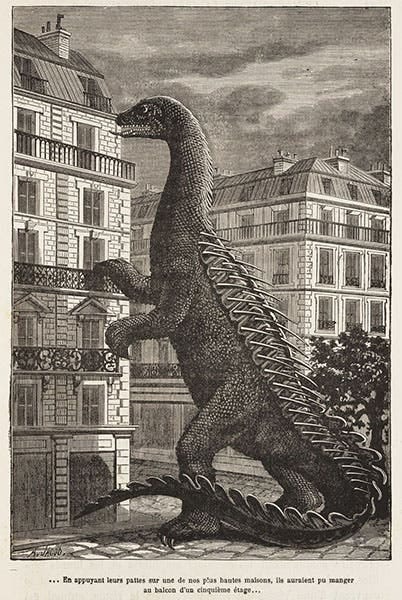A Personal Philosophy
My name is Samuel Arbesman and this is my personal philosophy: The world is combinatorially weird and fractally interesting. And therefore, omnivorous curiosity is the only proper response.
But let’s take a step back. We live in a complex world. Complex systems—the kinds with a huge number of interacting components—are not rare. They actually surround us, from the ecological and biological, to the globe-spanning technologies that we have built, to our societies, from the cities we live in to the entire vast sweep of humanity.
And as a result of this, understanding how change operates is also itself no easy matter. It’s complex. It’s hard to know when a small change might make a big impact, or when big changes might not matter not at all. As a result of this complexity we find ourselves in, at least when it comes to the nature of progress, we have to proceed with more than a bit of humility. We are forever confronted with a kind of Veil of Progress. This veil forever prevents us from knowing how each advance might change the world. No matter how much we know about scientific advances and the newest technologies, it is hard to predict the shape of what is to come.
But despite this Veil, there is some good news. Not only are we on a planet of interconnected complex systems, but topics and ideas are also more interconnected than we might realize. Learning about biology can provide insight into computation. Thinking about the weather might lead you to think about mathematics, optics might touch on art, and learning history can touch upon everything.
And that is the origin of the orthogonal bet. If it’s hard to predict what will help move progress forward, let’s optimize instead for the interesting, the strange, and the weird. Ideas and topics that ignite our curiosity are worthy of our attention, because they might lead to advances and insights that we can’t anticipate.
(this essay was originally recorded as my introduction to Lux Capital’s podcast series The Orthogonal Bet)
Some further reading:



